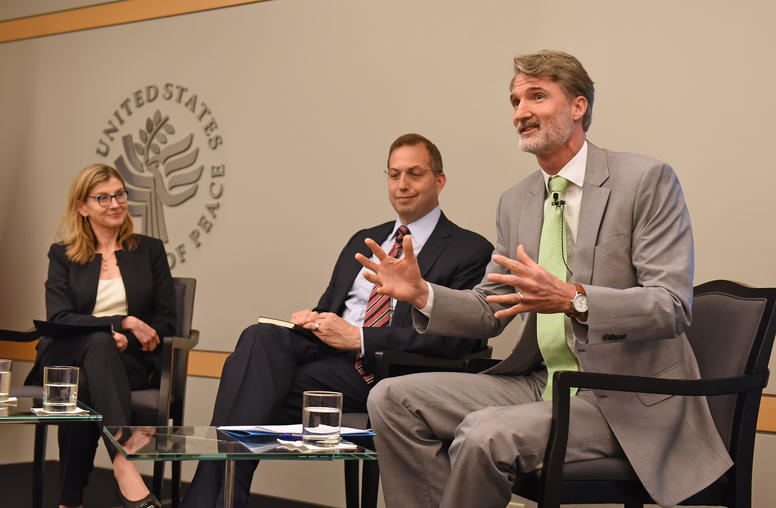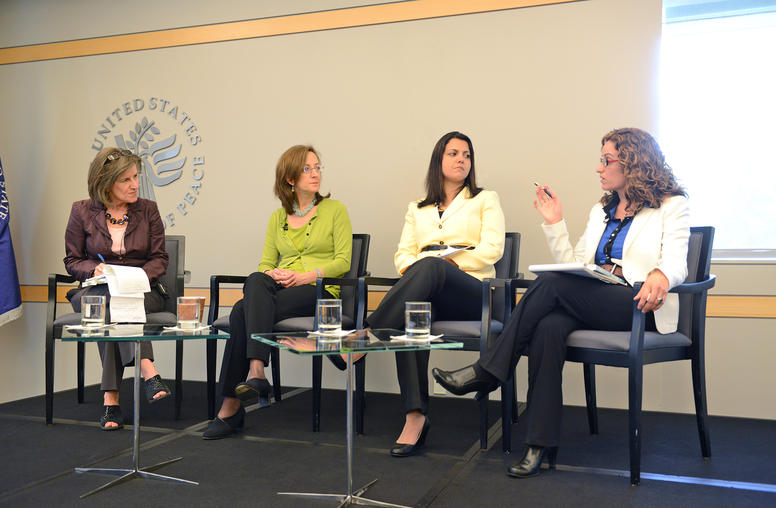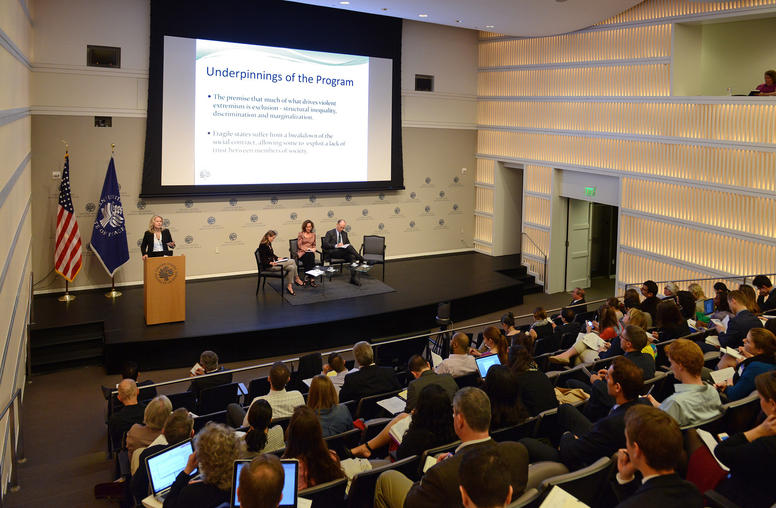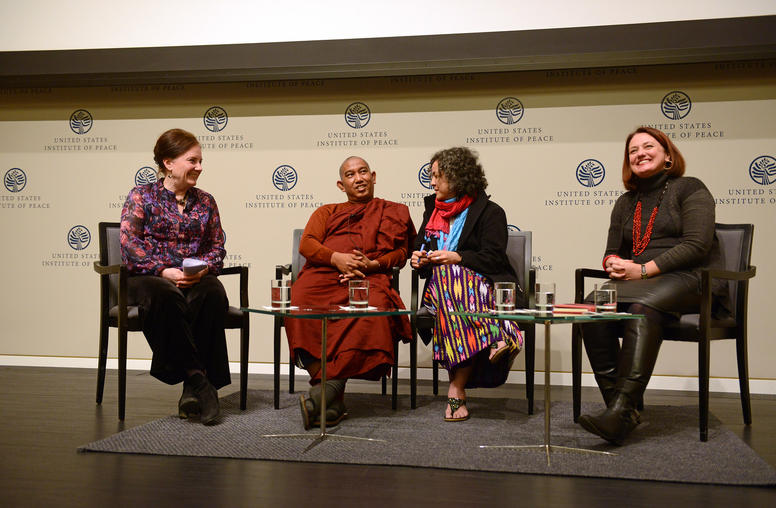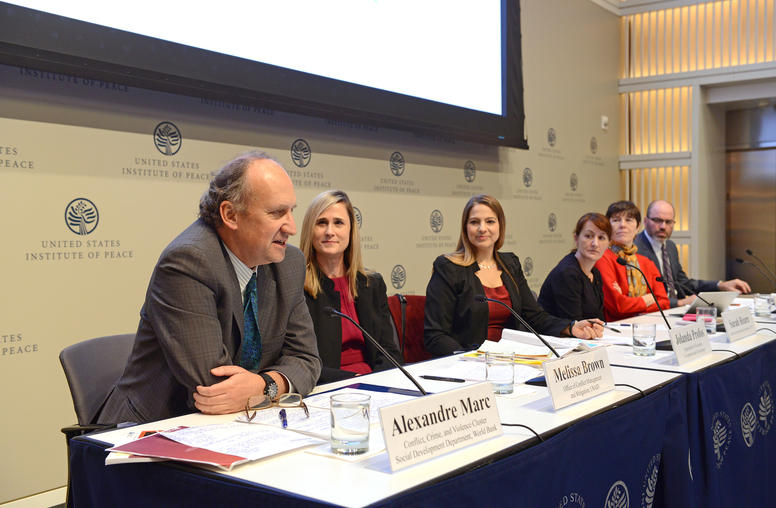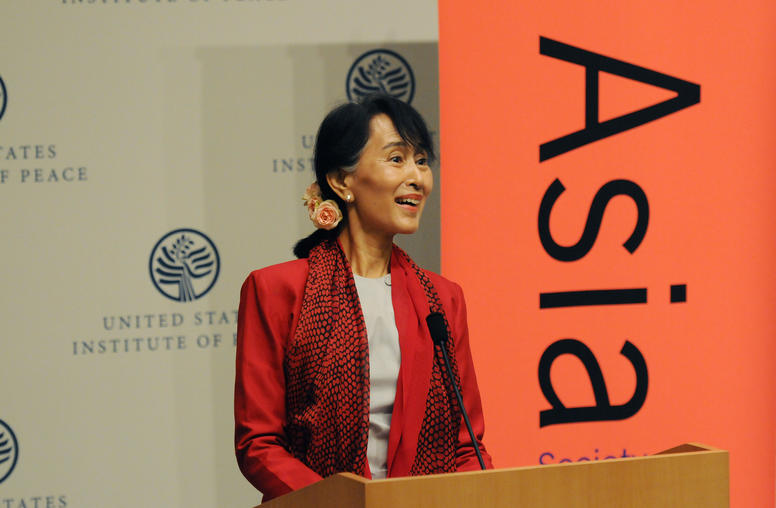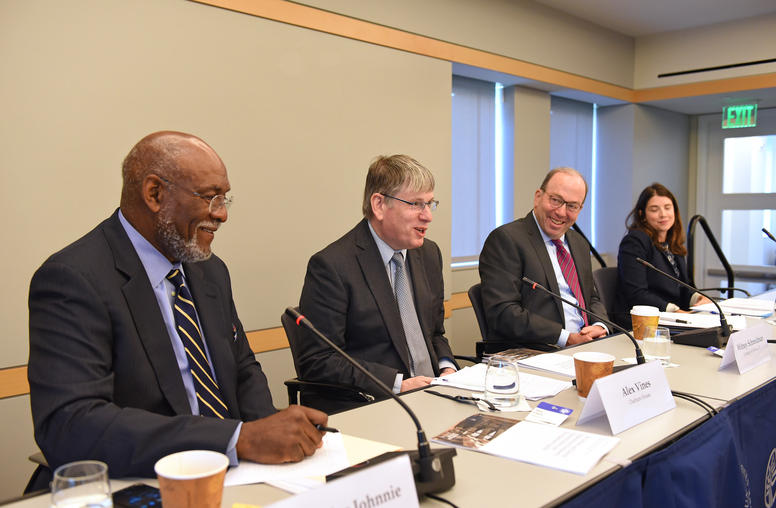
Keeping Political Transitions Peaceful
Countries from Myanmar to Chile have moved from autocratic regimes to more inclusive forms of government, though their experiences continue to be fraught with difficulties. On September 8, the U.S. Institute of Peace hosted a symposium exploring recent research on what factors encourage or inhibit peaceful transitions and how nascent democracies can overcome their fragility. The discussion included a focus on a new study released by Chatham House on Zimbabwe’s potential for peaceful democratic transition.
